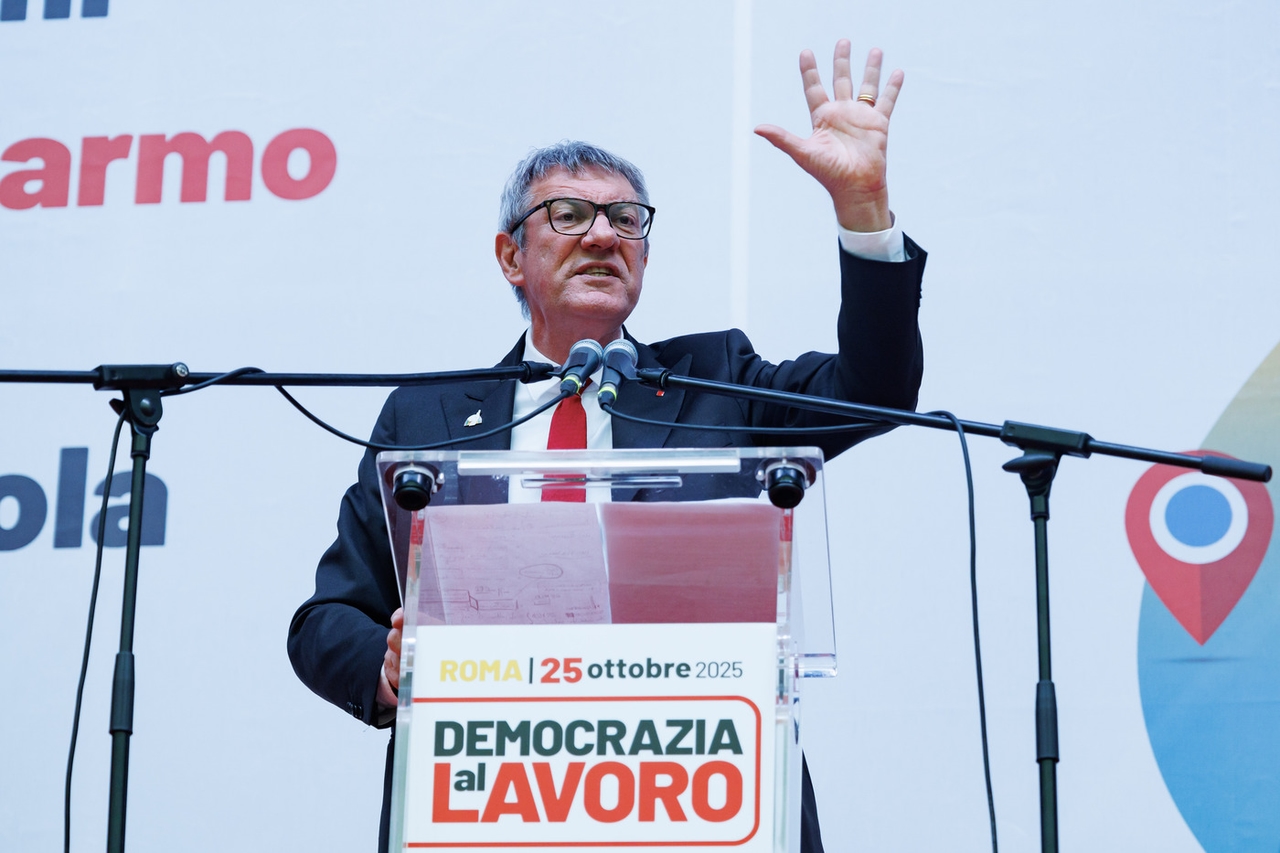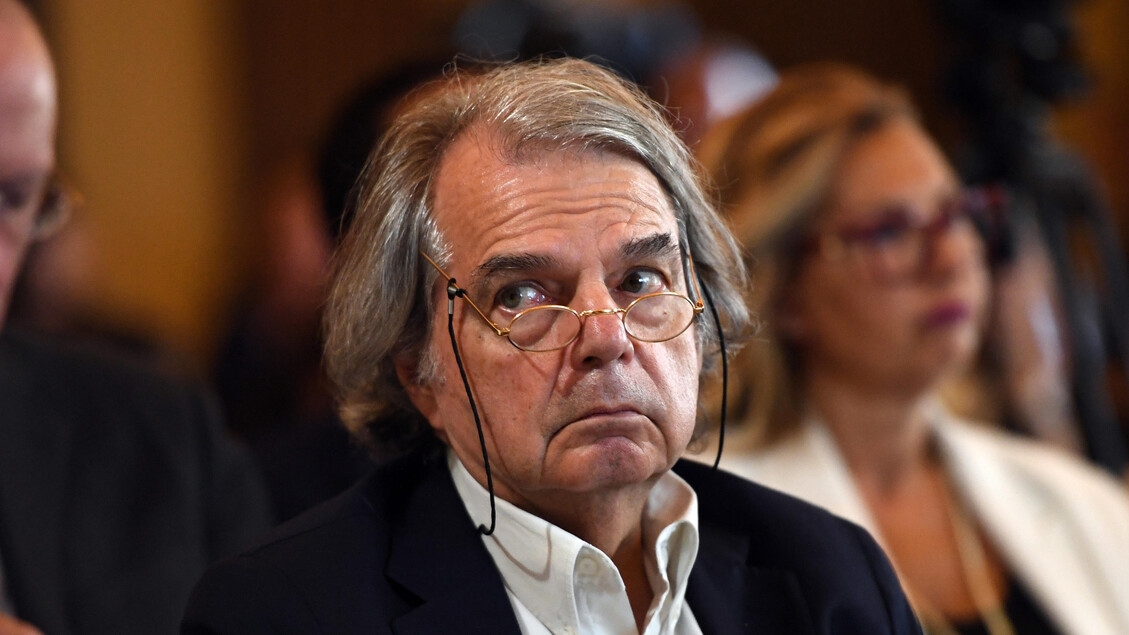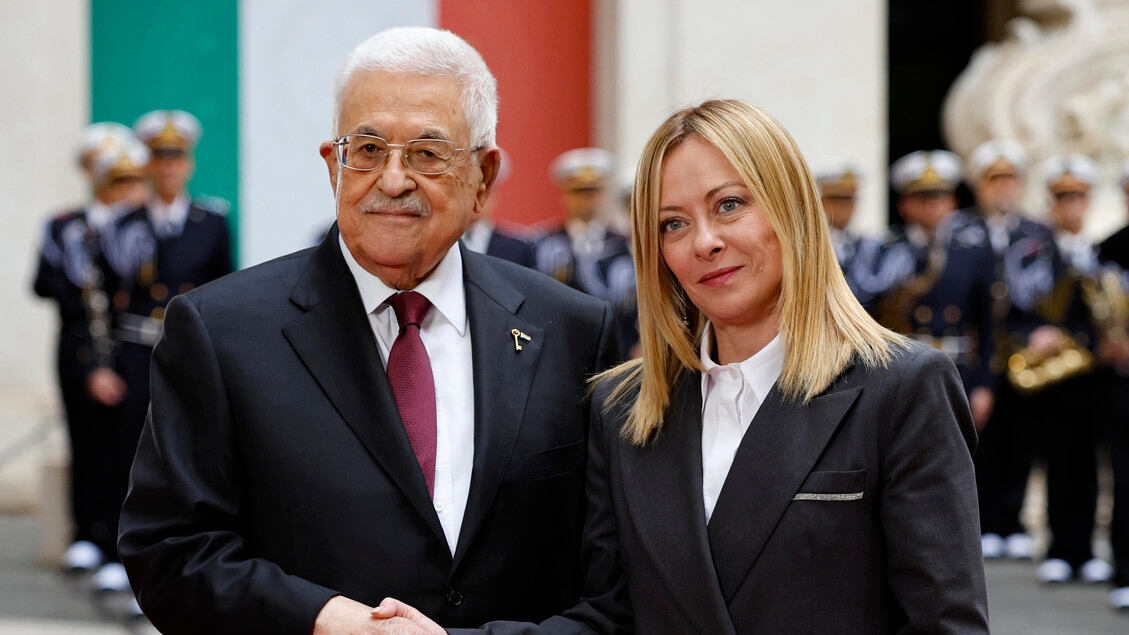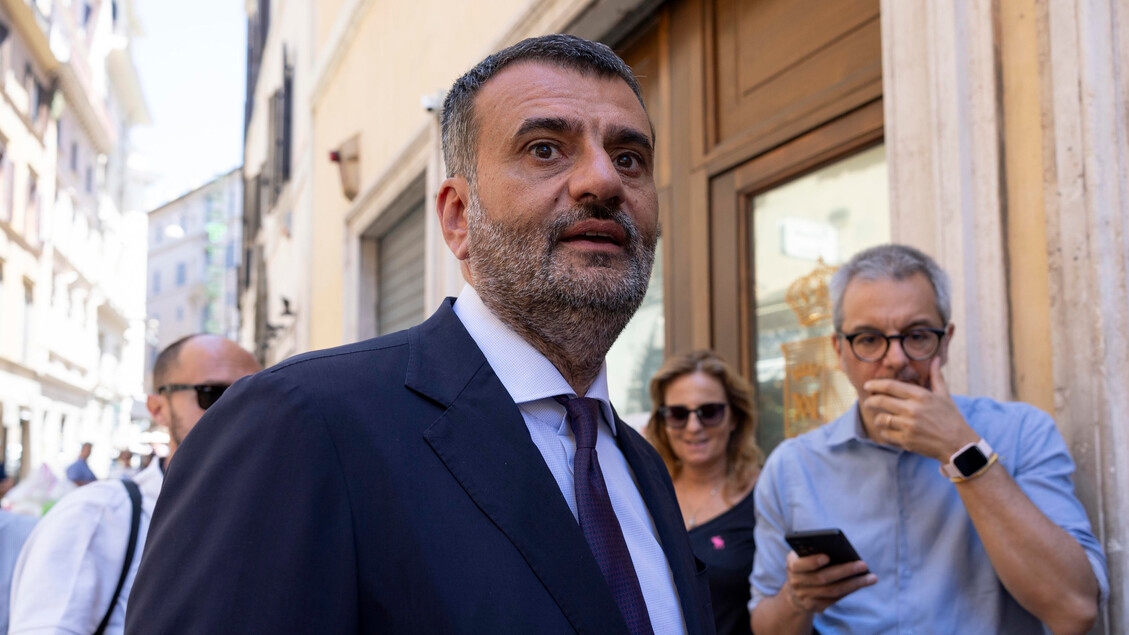Veneto, Campania, and Puglia: The coalitions put to the test

The approaching regional elections in Campania, Puglia, and Veneto are starting to disturb some. If expectations were to be dashed, there would be severe repercussions for the coalitions. Not only that, but the balance of power among the allies is at stake, a significant consideration in the run-up to the 2027 general elections. And indeed, the big names are already in the fray. Five Star Movement president Giuseppe Conte is in Campania, and Democratic Party secretary Elly Schlein will soon be in Puglia, where AVS leaders Nicola Fratoianni and Angelo Bonelli were in recent days.
On Monday, the center-right leaders will meet in Bari: Prime Minister Giorgia Meloni, vice presidents Antonio Tajani and Matteo Salvini, and the president of Noi Moderati (We Moderates) Maurizio Lupi. The regions under scrutiny are Campania—due to the fate of the Campo Largo coalition—and Veneto, due to the climate among the governing majority parties. "Today, the Campo Largo coalition is complete," explained former Democratic Party minister Andrea Orlando. "But the alliance must no longer be a state of necessity, but a stable political entity." This is the work that Schlein, Conte, Bonelli, and Fratoianni will begin after the regional elections. The goal: to jointly draft a government program. Among the points to be harmonized is the position on the wealth tax. In the AVS, the Italian Left has always been the leading proponent of a tax on large fortunes. Schlein has said yes, but is calling for it to be at the European level. Conte is holding back: "These highly taxed assets will not provide significant resources to address emergencies."
The three parties will have time to discuss. Meanwhile, there's the Campania test. An Ipsos Doxa poll for Corriere della Sera gives center-left candidate Roberto Fico (M5S) 53% of the vote, compared to 42.5% for center-right challenger Edmondo Cirielli (FdI). The game seems over. But there's some uncertainty. Center-right representatives are claiming they have data indicating a gradual narrowing of the gap. Certainly, there's a lot of political strategy, but the center-left seems less confident than it was at the beginning. To achieve the coalition's electoral framework, several significant moves were made: the selection of Fico, who was disliked by outgoing governor Vincenzo De Luca. The rotation at the helm, from a Democratic Party president to a M5S candidate, has raised eyebrows in Schlein's party. All this, with a significant investment in the broader field. A defeat could have devastating consequences for the coalition and the party leaders who bet on it. In Veneto, tensions are rife within the center-right. Not so much because of the outcome of the vote: all polls give Lega Nord's Alberto Stefani a clear lead over his closest rival, the Democratic Party's Giovanni Manildo.
ansa





